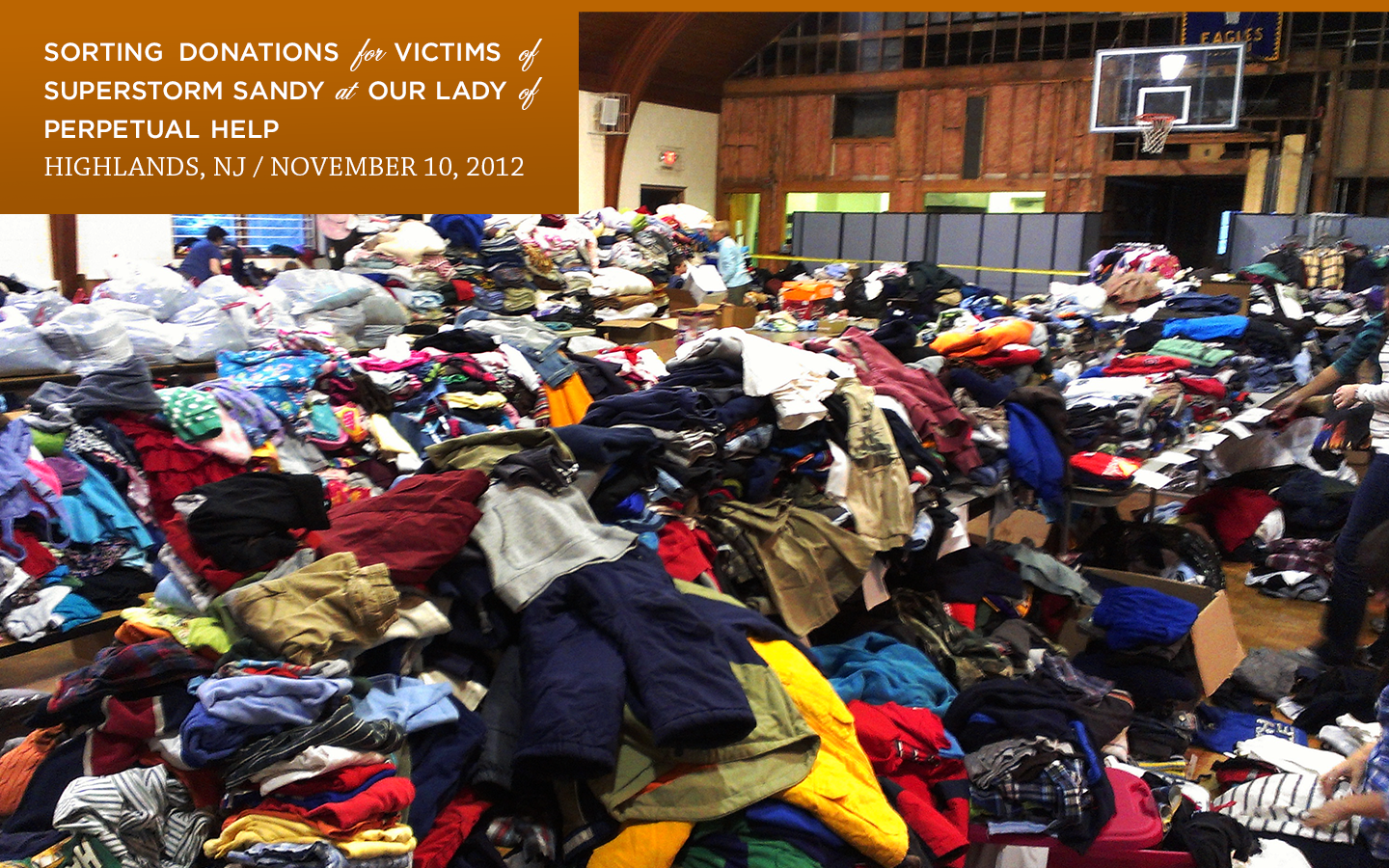Here’s the thing: Superstorm Sandy was water, wind and motion; it was convergence; it was what happens when climate systems come together and collaborate to make the unbelievable happen. The hybrid superstorm altered the entire calculus of local and national government across a region. Our priorities were altered, and many lives will never be the same. The frailty, the vanity, the ephemeral nature of our built environment, came into stark contrast.
There are important ways in which Sandy makes us see what we might not otherwise have noticed:
- In New York City, for instance, it is now clear that gas stations can sell more gas during a crisis of this magnitude, if they have gas-powered generators to back up their electricity supply.
- The value of maintenance—especially with respect to 1) transport infrastructure, 2) electric grid infrastructure, 3) mobile communications redundancy, 4) building service supply infrastructure (heat, hot water, electric)—cannot be overestimated.
- Preparedness Matters.
- Electrified water not only starts fires and can consume neighborhoods; it kills on contact.
- As the Roman stoic philosopher Epictetus always already knew: there are certain factors involved in our experience over which we have little to no control; knowing which are which can be a matter of life and death.
- Tunnels can and will flood; tunnels can and should be sealed in case of flood emergency.
- Building the electric transport future means we need to build more resilient electric power delivery systems, with more layers of redundancy, more localized generation, more flexible power sourcing.
- It turns out people want to help people and will do so when motivated—by Mother Nature, by the needs of others, by conscience and by the example of others.
We find that people are the ones who labor to help people. While the natural order puts fragile human lives on the line, and ideologically motivated or materially focused politicians quibble over process and pet peeves and secret deals, ordinary people come to the rescue of ordinary people.
One of the greatest stories of the Superstorm Sandy saga has been the volunteer work. Specifically:
- Occupy Sandy has arisen as a new operation for the original Occupy Wall Street media outlets, which have been used to not only locate and share information about hotspots of serious need, but also to organize spontaneous pools of volunteers.
- Volunteers from the Gulf Coast have come with supplies, expertise and open hearts, telling anyone who will listen that they recall the eagerness and aplomb with which volunteers from the northeast rushed to the Gulf to help after Hurricane Katrina and the BP oil spill; even members of Congress have vowed to reinforce that grassroots inter-regional partnership among citizens and communities.
- People taking interest in their communities are helping to inform the city, state and federal governments, along with utilities and emergency workers, where to go and what to do to maximize or optimize their impact on disaster relief.
The state of New York is now asking for a $30 billion supplemental spending package to help New York City and Long Island recover from the disaster and “harden” the built environment against extreme weather events. Something is happening to the climate, and it is threatening to undermine the normal functioning of civilization as we have known it. Public authorities are waking up, and citizens are demanding government that works.
New Jersey’s governor even talks about raising taxes to pay for disaster relief and future preparedness.
